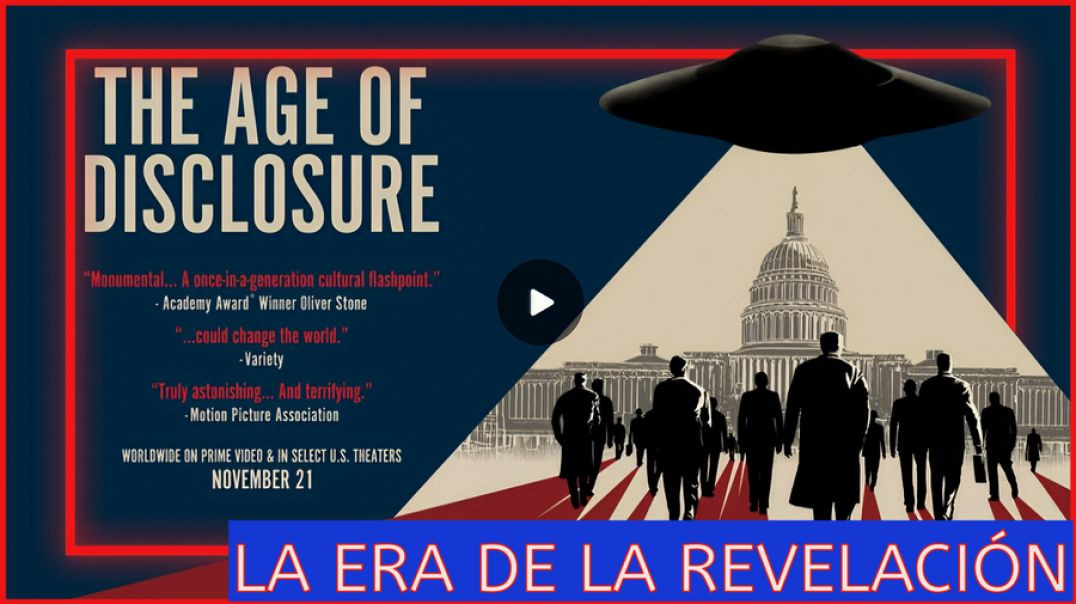DOCUMENTAL SOBRE LA INFLUENCIA DE GOOGLE EN LAS ELECCIONES USA. subtitulado
Does Google Secretly Manipulate Us To Vote for Democrats? The Evidence Is Flimsy.
Republicans have seized on the dubious claims of a psychologist who thinks Big Tech is shifting millions of votes to the left.
For full text, links, downloads, and more, go to: https://reason.com/video/does-....google-secretly-mani
------------------
Subscribe to our YouTube channel: https://www.youtube.com/ReasonTV?sub_...
Like us on Facebook: https://www.facebook.com/Reason.Magaz...
Follow us on Twitter: https://twitter.com/reason
Reason is the planet's leading source of news, politics, and culture from a libertarian perspective. Go to reason.com for a point of view you won't get from legacy media and old left-right opinion magazines.
----------------
As the 2020 presidential election heats up, alarmism over "Big Tech"'s influence on voters is again reaching a fever pitch. Democrats fear the impact of fake news and Russian bots, while Republicans complain of supposed anti-conservative bias and censorship at Google, Twitter, and Facebook. They all agree that the federal government needs more power over online speech.
To bolster allegations of liberal activism by tech companies, Republicans have put a spotlight on the research of Robert Epstein, a Harvard-trained psychologist and self-described Hillary Clinton supporter who has called Google's search engine "the most powerful mind control device ever devised."
A former editor-in-chief of Psychology Today, Epstein has conducted a series of studies over the past seven years that he says show that search engines and social media companies have used subliminal manipulation to shift a significant number of votes to Democrats. He says that the tech industry poses an even more pervasive threat in 2020 to the presidential election and to American democracy.
Google has called his work "nothing more than a poorly constructed conspiracy theory," while Donald Trump cited Epstein's research as an explanation for why he lost the popular vote in 2016 by nearly 3 million votes. Hillary Clinton responded that Epstein's studies have been "debunked."
A careful review of Epstein's work reveals that, though his research does not display any obvious methodological or statistical flaws, his findings don't support the claims that he's been making about the tech giants' influence on real elections. Epstein over-extrapolates from his research to make allegations that have been seized on by politicians when making the case for more government control over internet platforms.
Produced, written, and edited by Justin Monticello; camera by Zach Weissmueller and John Osterhoudt; graphics by Austin Bragg, Lex Villena, and Paul Detrick; audio production by Ian Keyser.
Music: Cooper Cannell, Futuremono, Kyle Preston, Quincas Moreira, and Lex Villena.
Photos: 190360221 © Martyn Scates | Dreamstime.com; Photo 99491079 © Alex Grichenko | Dreamstime.com; Illustration 151893782 © Siarhei Nosyreu | Dreamstime.com; Photo 4031959 © Momentsintime | Dreamstime.com; Illustration 183296338 © Skypixel | Dreamstime.com; Illustration 147020235 © Cgracer | Dreamstime.com; Photo 131140532 © Tero Vesalainen | Dreamstime.com; ID 4949445 © Eti Swinford | Dreamstime.com; ID 143609625 © Palinchak | Dreamstime; Pavlo Gonchar/ZUMA Press/Newscom; ID 137038247 © Ian Mcglasham| Dreamstime.com


 Plenitud
Plenitud

 JuRuM Lichtung
JuRuM Lichtung




 RECUERDOS DEL FUTURO
RECUERDOS DEL FUTURO





 ALRAZI ALRAZI
ALRAZI ALRAZI

 DGvideos
DGvideos
 Lupus
Lupus

 Kobe
Kobe 

